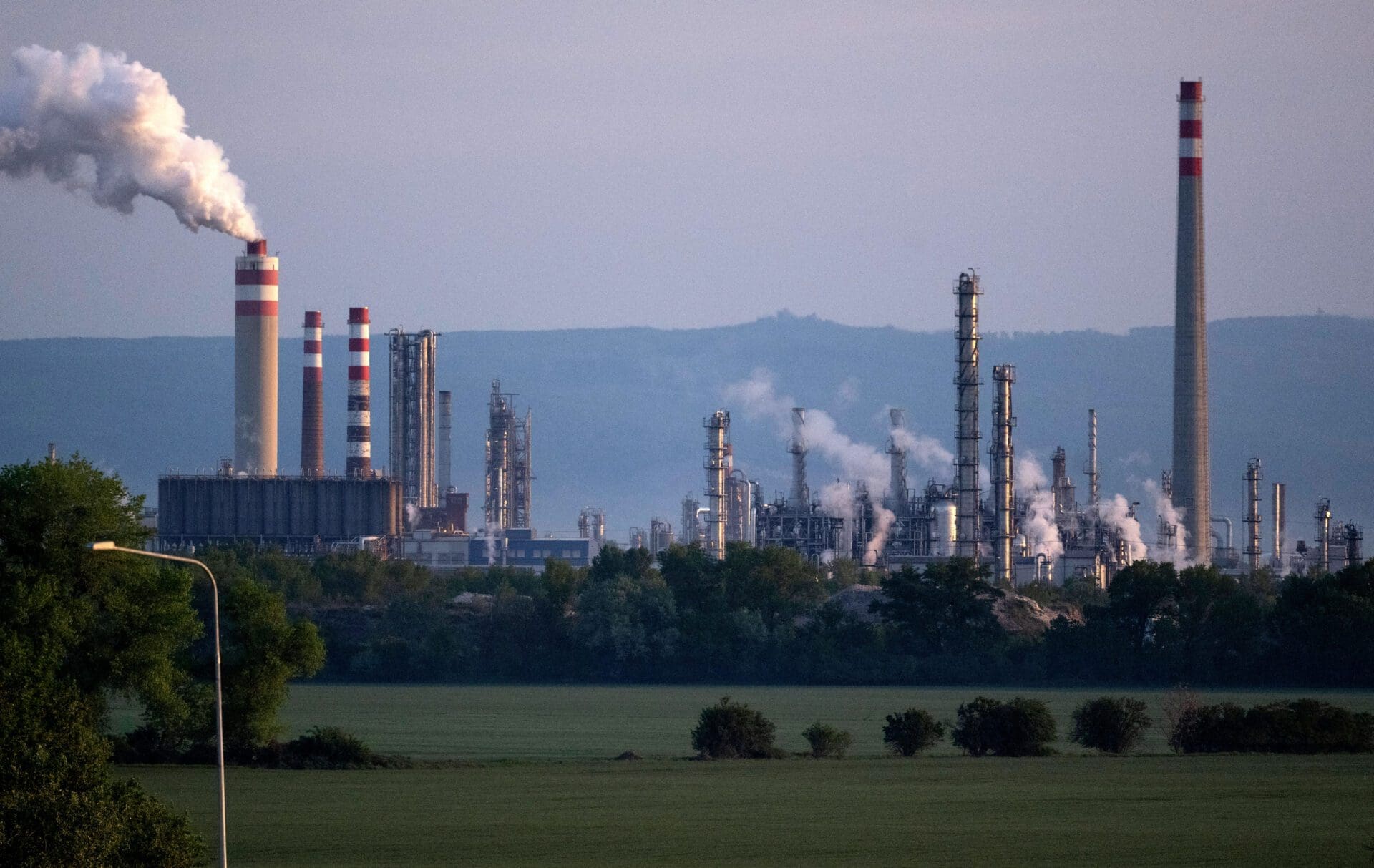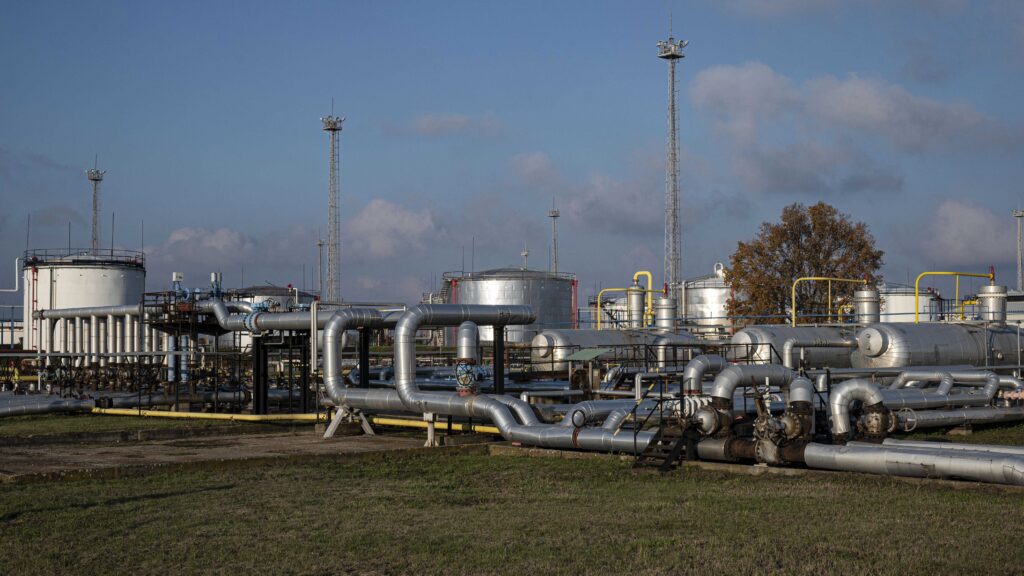MOL and Slovnaft, a subsidiary of MOL in Slovakia, are preparing a lawsuit against the Bratislava government over the new windfall tax, the law on which was adopted by the National Council in December. The new tax intends to raise money by taxing large energy companies to help more impacted businesses and people pay for expensive energy. Igor Matovič, a former finance minister, even made nationalistic remarks about the Hungarian owner of Slovnaft—which could be the legal basis for filing a lawsuit.
‘Our attorneys are reviewing the entire procedure by which the regulation was adopted, particularly in light of the discussion in the Slovak Parliament during which the former Minister of Finance characterised the proposal as a prohibition on Hungarian owners. We believe we will prevail in a potential case because of this specific fact,’ Slovnaft spokesman Anton Molnár said.
Matovič stated during the debate in parliament that Slovakia can raise more money from Hungarian owners by levying the tax. Despite the government changing its first proposal in response to pressure from Slovnaft, MOL and Slovnaft still want to go ahead with the lawsuit. The collecting period has been constrained to just one year, and the tax rate has been reduced from 70 per cent to 55 per cent. This indicates that Slovnaft will only pay the additional levy for 2022. The tax was initially planned to be put into effect by 2025.
Following the Lead
MOL intends to follow Exxon Mobil’s lead by bringing the dispute before the arbitration court in Washington DC, United States. At the end of December, the American behemoth sued the EU to stop a temporary levy on the windfall profits of oil companies. ‘ExxonMobil has contested the EU rule in court on the grounds that the EU authorities have exceeded their authority and that these remedies to the energy problem will, in reality, be counterproductive. This is something that we are closely monitoring in the media’, Molnár remarked.
Despite having been reduced, the tax, according to Slovnaft, is still quite high. The European Commission recommended a minimum rate of 33 per cent for member countries. Germany, for instance, chose a low rate, whereas Austria set the tax at 40 per cent. Both of these markets are destinations for Slovnaft’s exports, and the high tax rate in Slovakia will definitely disadvantage them.








